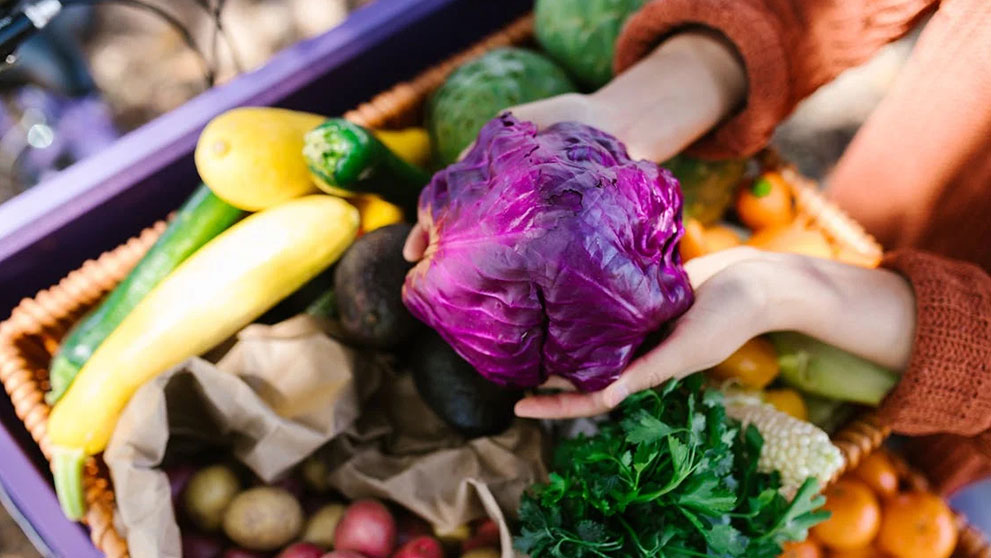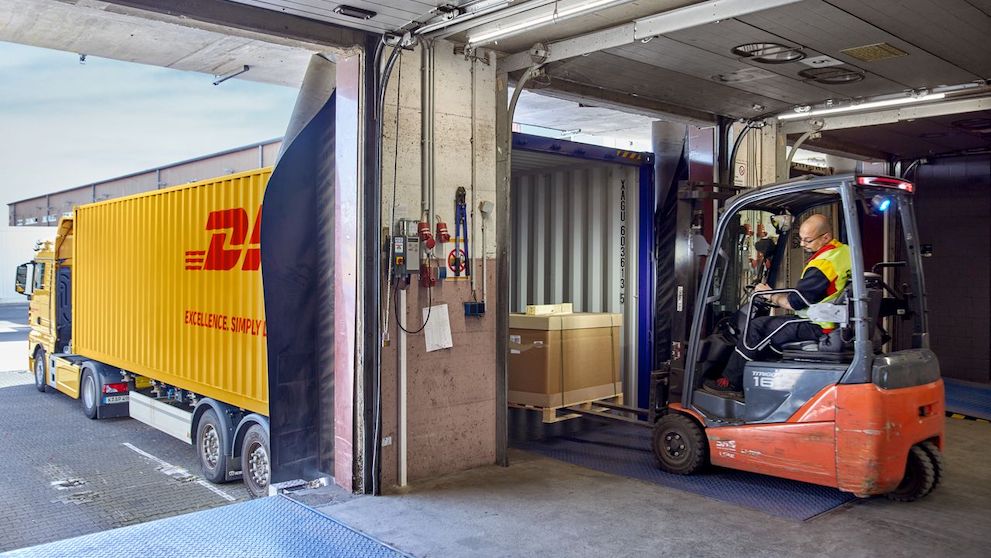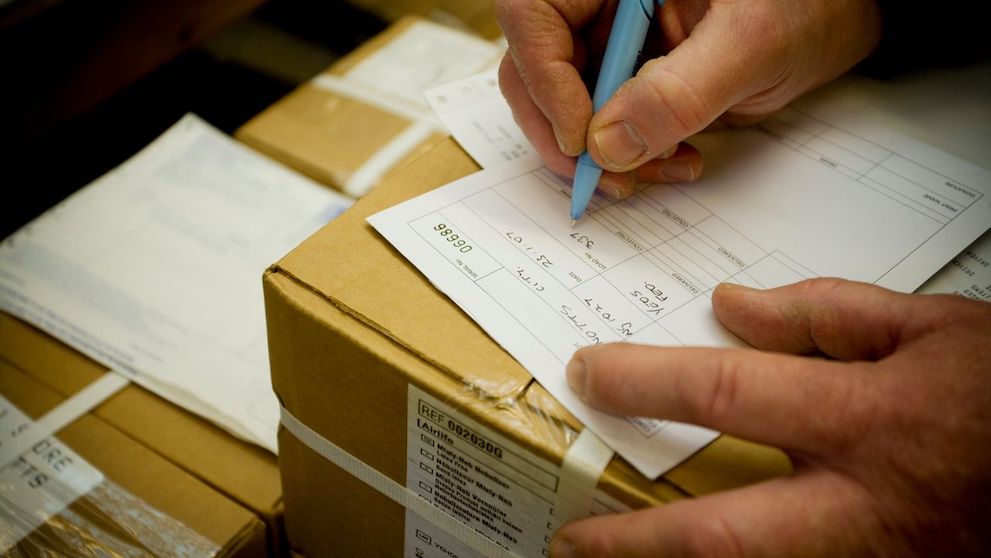As a high-value consumer market and a key player in global value chains, Japan is one of New Zealand's most important trading partners, with diplomatic relations between the two countries dating back to 1952. According to the New Zealand Foreign Affairs & Trade, New Zealand exports to Japan increased by 19% to reach a record high of NZ$4.1 billion, for the 12 months ending August 2022.
Major imports into Japan from New Zealand include dairy (NZ$65 million), metal and metal products (NZ$46 million), meat and meat products (NZ$23 million), miscellaneous food and beverage products (NZ$20 million), horticulture (NZ$19 million), forestry and (NZ$17 million), and fish and seafood products (NZ$3 million).
Facilitating Japan and New Zealand’s trading relations is the Comprehensive and Progressive Agreement for Trans-Pacific Partnership (CPTPP) — a trading block representing close to 500 million people with a combined gross domestic product equal to 13.5% of the global economy.
Under the CPTPP, tariffs on New Zealand exports to Japan will be mostly eliminated over time, with the only exceptions being New Zealand beef and dairy products, though partial tariff reductions and duty-free quotas still make for improved access in these industries. It is estimated that a total of NZ$207 million in reduced tariffs per annum will be enjoyed by New Zealand exporters shipping products to Japan once the agreement has been fully implemented.
Are you looking to import your products into Japan from New Zealand? Here are some things to take note of for a smooth delivery process:
Japan’s import duties, taxes, and tariffs
The standard consumption tax rate in Japan is 10%, though certain imports are subject to a reduced rate of 8%. However, Japan has lowered import tariffs for many New Zealand exports under the CPTPP, although some items may still be subject to duties, taxes, or tariffs depending on their nature. It is important to check the Japanese Customs regulations and familiarise yourself with Japan’s tariff schedules prior to shipping your goods.
Some key goods tariffs outcomes of the CPTPP are reduced or eliminated rates for New Zealand exports of:
Horticulture — avocados, capsicums, blackcurrants, peas, asparagus, cherries, onions, and apples
Meat — beef and frozen, fresh, and chilled bovine offal
Dairy — caseinates, milk albumin, certain whey products, cheese, processed cheese, butter and milk powders, ice cream, prepared edible fats, and other protein substances
Forestry — fibreboard, sawn wood, particle boards, plywood, and all other forestry and forestry products
Seafood — nearly all New Zealand fish and other seafood exports to Japan, including mussels
Wine — all New Zealand wines with dedicated wine and distilled spirits texts for transparency on labelling and certification requirements
Other — natural honey, white sauces, agricultural chemicals, and wool lines
Prohibited and restricted imports into Japan
There are some items that cannot be imported into Japan, or may require special documents to be able to enter the country. Prohibited items include:
Narcotics and related utensils
Firearms, firearm parts, and ammunition
Explosives and gunpowder
Precursor materials for chemical weapons
Germs likely to be used for bioterrorism
Counterfeit goods or imitations coins and currencies
Obscene materials or goods that violate intellectual property rights
Animal parts and fur where trade is banned by international treaties
Restricted items include imports related to health, such as medical products, pharmaceuticals, agricultural products, and chemicals. Japanese Customs will review and evaluate such items for import suitability, and licences from relevant regulatory bodies may be required. Usage of certain chemicals and additives in food and beverage imports and cosmetics imports are also severely regulated via a positive-list approach.
Documents to prepare when sending packages to Japan from New Zealand
To ensure smooth customs clearance without any delays when shipping from New Zealand to Japan, you will have to prepare various export documents and submit them in the correct manner. These include:
Commercial invoice — this document must be submitted by the shipper and includes item descriptions as well as value, quantity, weight/volume measurements, origin of goods, and Harmonised System (HS) codes
Packing list — a full description of all items being shipped that must also be provided by the shipper
Certificate of Origin — an original certificate or statement confirming that the product was made or grown in New Zealand is required for goods under preferential tariffs such as those outlined in the CPTPP agreement
Bill of Lading and Air Waybill — these documents will be provided by the courier service, but must be issued by the shipper in New Zealand and include the full name of the consignee in Japan
Import entry/clearance form — this document is required when importing into Japan, and consists of an electronic submission to the Japan Customs detailing all your shipped items intended for Japan import
Phytosanitary certificate — if you are shipping agricultural or food products, it may be necessary for your shipment to have a phytosanitary certificate from the Ministry for Primary Industries in New Zealand confirming that the product is safe and suitable for import into Japan.
Tobacco or alcohol-related shipments will also require additional documents, such as permit certificates from Japan’s Ministry of Finance.






































